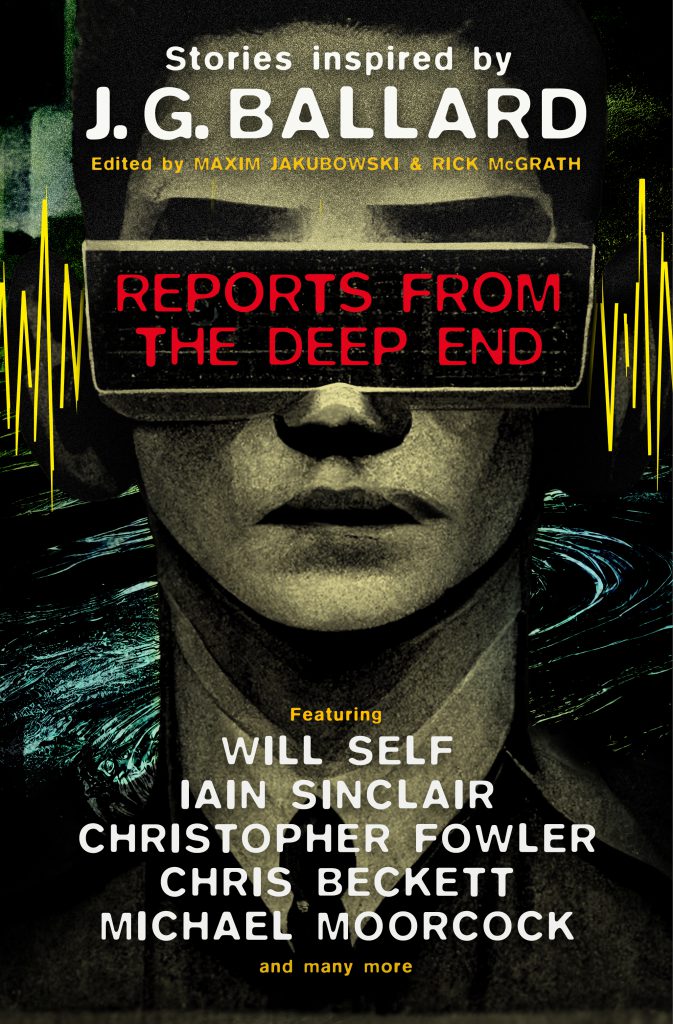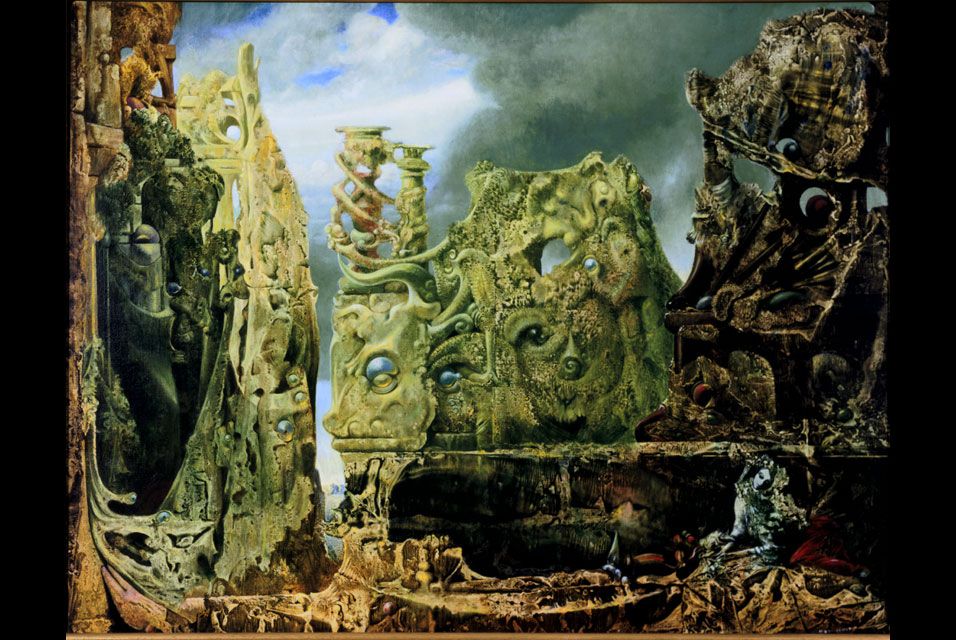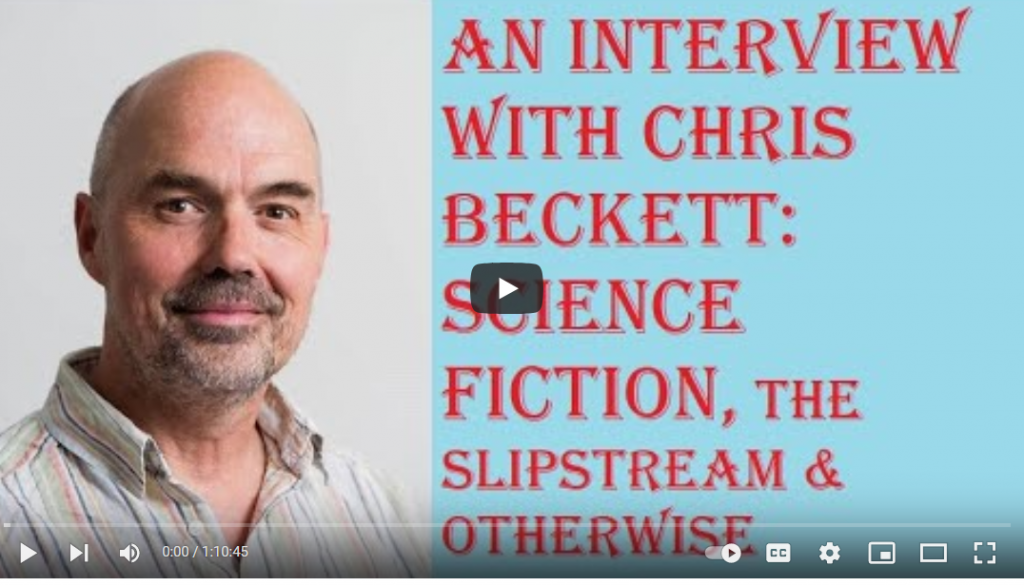Speaking very broadly, the political choice in many western countries boils down to whether heredity or merit should be the basis of structuring society. (Or so I suggest.)
Those on the ‘heredity’ side argue that people should be allowed to accumulate wealth, keep it, and pass it on – along with he benefits that come with it – to their children or whoever else they wish. This idea obviously appeals to those who are already rich, which is why the rich tend to support parties that espouse it. But it also appeals to those who aspire to be rich, or for whom financial success is the primary metric by which they measure their success in life. It also appeals to people who just dislike the idea of the state interfering in their affairs.
All political factions promote and defend certain interests, or classes, but they also promote moral principles that seem to endorse the stand they take. They fly flags, as it were, that give moral cover to the preferences of the interests and classes they support. Parties that support the hereditary principle – we call them right-wing or conservative- tend to fly one or more of the following flags: FREEDOM, FAMILY, TRADITION, PROPERTY RIGHTS, LOYALTY TO ONE’S OWN, OPPOSITION TO OVERBEARING GOVERNMENT. Their opponents see these flags as nothing more than a cynical cover for self-interest.
Those on the ‘merit’ side, on the other hand, argue that heredity is a bad way of determining who rises to the top, it holds back people from poor backgrounds, and gives a free ride to people from rich ones. We should all be allowed to rise on the basis of our own talents and hard work. This idea appeals, of course, to those who have themselves risen to – or maintained- their present position through their own talents and hard work, and to those who feel their own talents and hard work have been held back, or have not sufficiently been rewarded. And it appeals to people for whom the metric by which they measure their success in life is not simply money, but things like educational attainment, professional esteem and recognised achievement. So the ‘merit’ idea tends to appeal to people such as academics, artists, journalists and other professionals, who earn a living based on their own knowledge and skill, and in a context where non-financial metrics of success are available. (I’d suggest, for instance, that more such metrics are available for, say, a university lecturer, than for the owner of a haulage business: the former can become eminent among her peers for her knowledge, her publications, the originality of her thinking. The latter is, of necessity, more focused on making money as a way of showing that she is doing well.)
Parties that support the merit principle tend to fly one or more of the following flags JUSTICE, EQUALITY, FAIRNESS, RATIONALITY, SCIENCE, EXPERTISE, OBLIGATIONS TO THE WORLD IN GENERAL, A BENIGN AND INTERVENTIONIST STATE. Their opponents (of course) dismiss these flags as a cynical cover for self-interest. (For instance, while the partisans of ‘merit’ esteem scientific expertise, its opponents sometimes suggest that so-called experts are merely bigging themselves up into to enhance their own standing and make money. There is sometimes something in this.) These days, we tend to refer to those on the ‘merit’ side as liberals or ‘the left’, though both these terms have meant different things in the past, and they have certainly not always meant the same thing as one another.
Few people, even the most conservative, would completely dismiss the argument for ‘merit’ (though you only have to read a few novels from a couple of centuries ago to see that, in the past, earning a living through ones own professional skills was seen as much lower status than living on the rents from accumulated capital). Similarly, in practice if not in theory, few people, even on the ‘merit’ side, completely dismiss the hereditary principle. Even people who vote consistently for parties that are on the ‘left’ or ‘liberal’ side, tend to accumulate at least some wealth if they can, and pass at least some of it on to their children.
But one point that isn’t so often made is that both heredity and merit entail a good deal of luck. It’s lucky to be born rich, yes, but it’s lucky also to be born with above average ability or a special and marketable talent. Some people are born with neither – a lot of people actually – but they have to choose between the parties of ‘heredity’ and those of ‘merit’, asking themselves under which kind of regime – which set of flags – will it be more comfortable to live? Their choices have been less predictable of late. And perhaps this is wise. It’s never a good idea to let people assume your support can be taken for granted.
See also:
Trust


